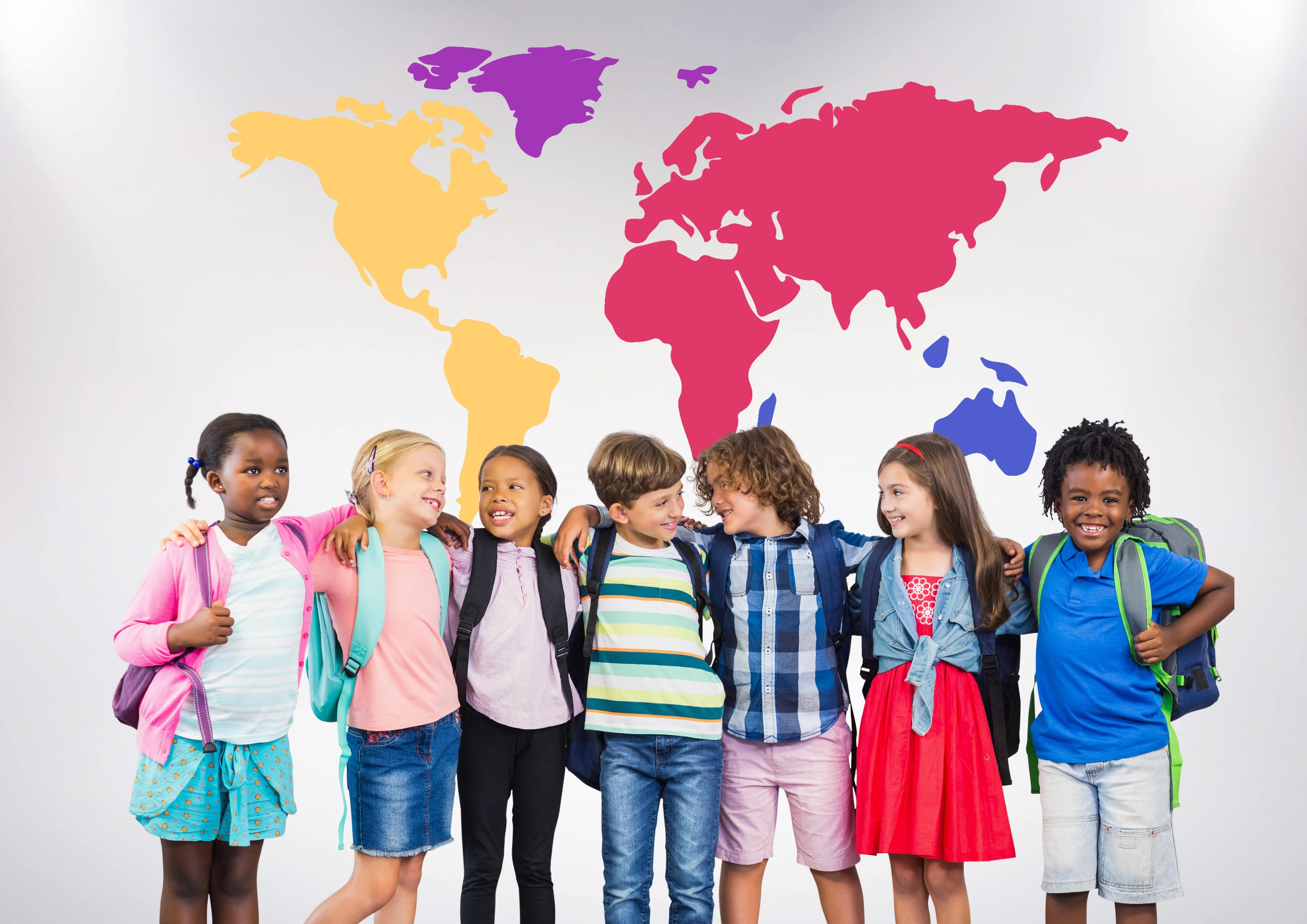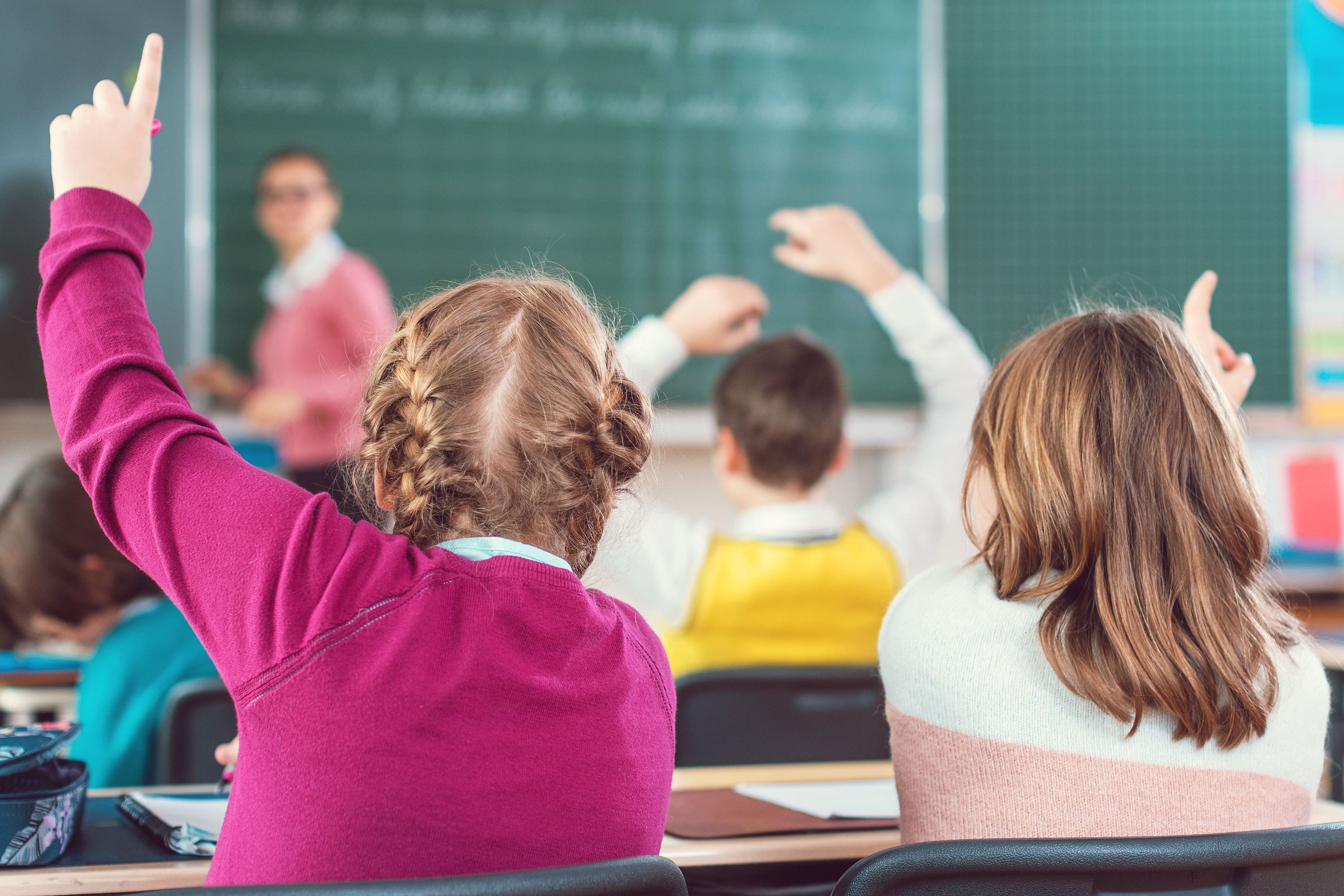Free Quote : +4 (031) 229 94 13
-
-
Email Address : [email protected]

Free Quote : +4 (031) 229 94 13
Email Address : [email protected]
Education plays a key role in the integration of migrant children into European societies. France, Germany and Poland are three countries with different approaches to educating children with a migration background. Let us look at how each of them addresses the challenges of integration, language support and adaptation in the school environment.

France is actively developing an inclusive model of education for migrant children. Central to this is the UPE2A (Unité pédagogique pour élèves allophones arrivants) program, which provides intensive French language instruction and helps integration into mainstream classrooms. In the 2022-2023 school year, more than 89,000 students benefited from this program.
However, challenges remain: teacher shortages, cultural differences and the different backgrounds of students can make integration difficult. Nevertheless, France is committed to ensuring equal educational opportunities for all children, regardless of their origin.
Germany faces difficulties in integrating migrant children, especially after 2022, when the country received a significant number of refugees. Many schools are overburdened, and a shortage of teachers skilled in teaching German as a second language exacerbates the situation.
Studies show that migrant children often end up in low-performing schools, limiting their opportunities for further education. Nevertheless, there are successful regional initiatives aimed at supporting these students.
Poland is relatively new to the challenge of integrating migrant children. Since 2001, the number of foreign students has increased tenfold, reaching 42,000 in the 2019/2020 school year. Although legislation grants equal rights to education, there is no unified national integration strategy.
Support often depends on the initiatives of individual schools and local authorities, resulting in uneven quality of education for migrant children. Poland needs to develop a comprehensive policy that takes into account the cultural and linguistic specificities of students.

France demonstrates the most developed and structured approach to integrating migrant children into the school system. Central to this is the UPE2A program, which provides intensive language instruction and rapid adaptation in mainstream classrooms. Despite difficulties with the shortage of specialists, France's approach is considered one of the most inclusive.
In Germany, the situation is more heterogeneous: the educational system is highly decentralized and the level of support for migrant children can vary greatly from region to region. Although German language courses for children with migrant backgrounds exist, the problem of overcrowded schools and lack of qualified teachers remains. In addition, children of migrants often end up in schools with a low academic level, which reduces their chances for successful socialization and further education.
Poland, in its turn, is just forming its system of work with migrant children. The right to education for them is guaranteed, but there is no unified national strategy. Much depends on the initiatives of specific schools and local authorities. This leads to uneven quality of integration and education: in some schools children receive real support, while in others they face isolation and misunderstanding.
The education of migrant children is a complex task that requires a comprehensive approach. France can serve as an example of a comprehensive approach, Germany as an illustration of systemic challenges in mass migration, and Poland as a state at the stage of finding sustainable solutions and developing its own model of educational integration. Sharing experiences and best practices between countries can contribute to improving educational opportunities for all children, regardless of their origin.